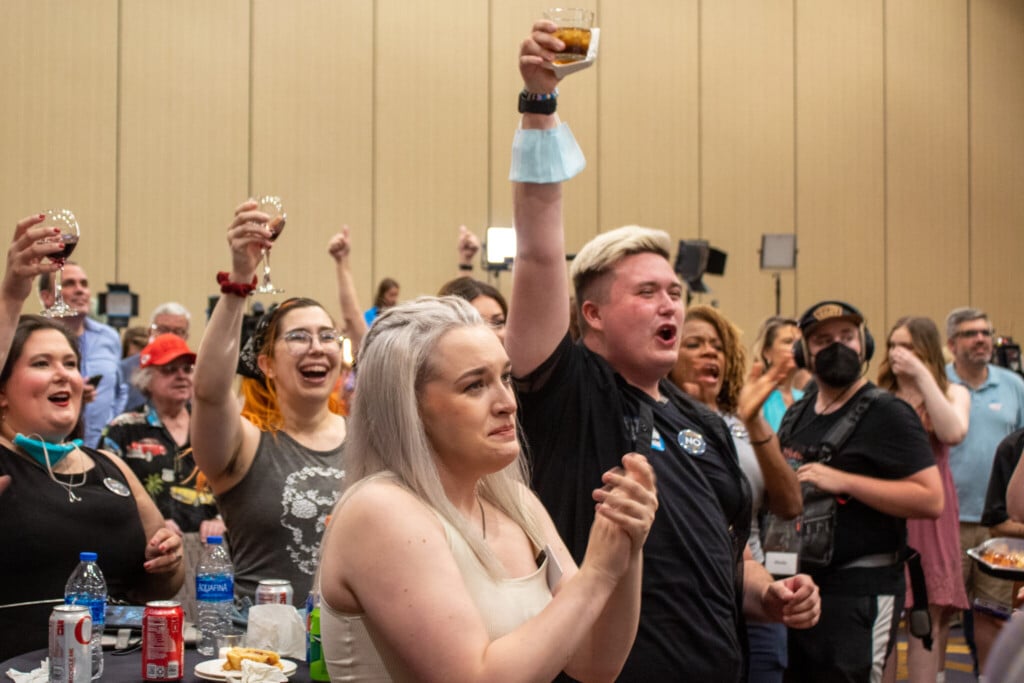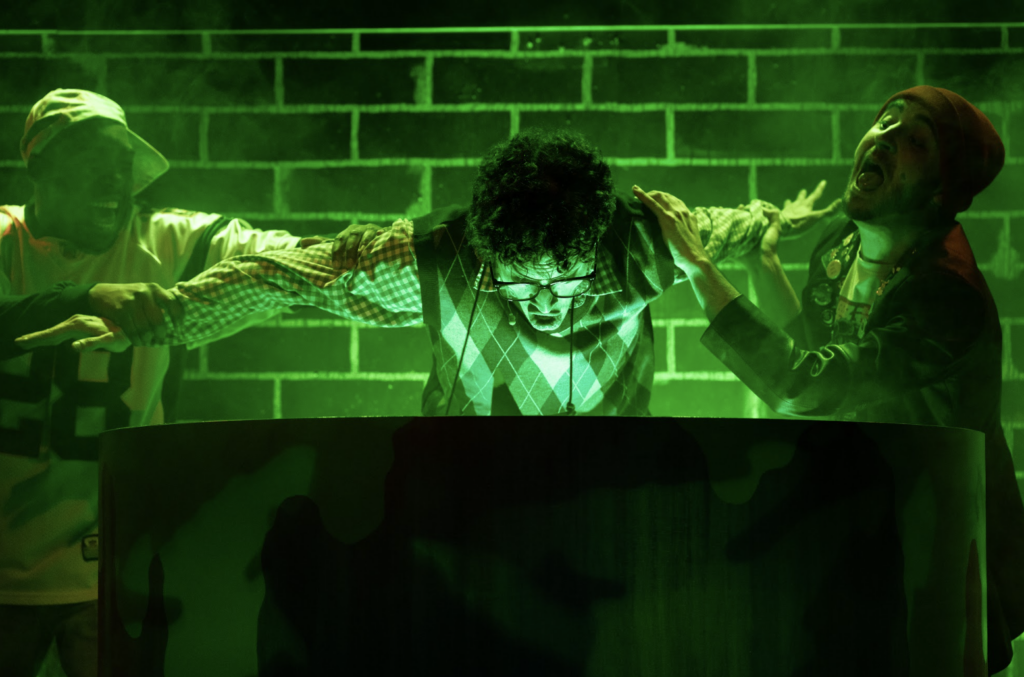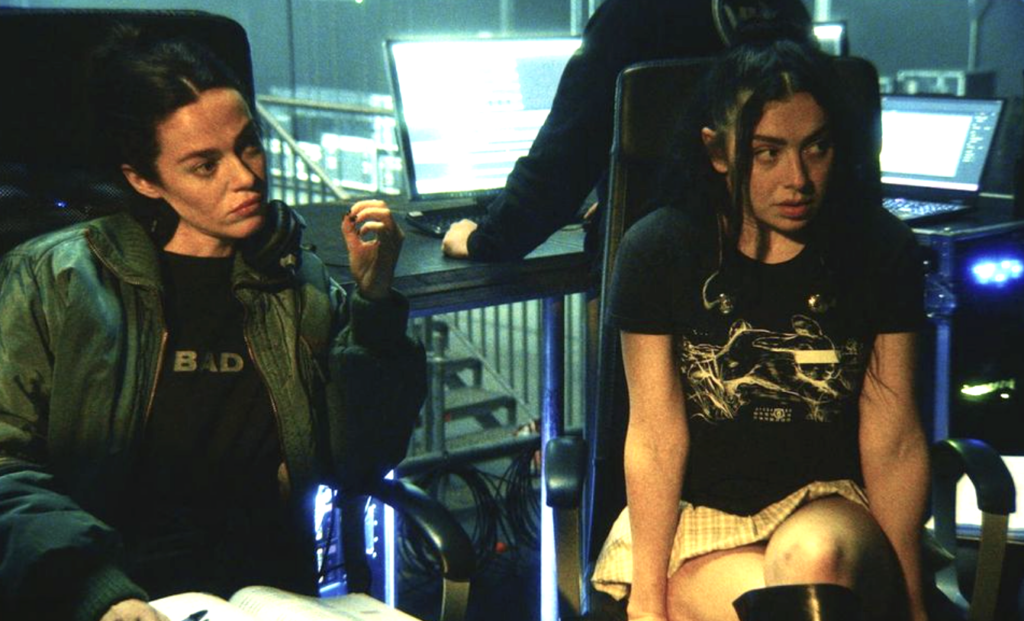Jonathan Justus to sign lease for Black Dirt, at 51 Main

“There are a lot of people out there who don’t like fine dining,” Jonathan Justus tells me. Which is another way of saying that plenty of people not only like fine dining but seek it out — even if that means driving to Smithville. That, of course, is where the chef and restaurateur has operated the upscale, formal-leaning Justus Drugstore for eight years.
And if you’ve wanted to sample Justus’ cuisine without making the trip, things are about to get easier for you.
The James Beard Award-nominated chef says he’s about to sign the lease on his long-gestating second restaurant, Black Dirt, at 5050 Main. He plans to open it by the end of the year.
“It won’t be Justus Drugstore Lite,” he says, “but a completely different concept that’s more casual, more accessible and contemporary, but not modernist. I’ll be doing my own take on a lot of classic dishes, and the menu will be constantly evolving and changing.”

Ever since his Smithville restaurant began generating acclaim, Justus has searched for a venue closer to the heart of Kansas City. In 2007, he found a potential spot in the Crossroads, but that deal never panned out. Now, after months of sometimes intense negotiations between Justus and developer VanTrust, he’s taking on a high-visibility address in a neighborhood that’s in the midst of a significant revitalization, anchoring the street-level northwest corner of the mixed-use development 51 Main.
“We had been courted by VanTrust on several of their other projects,” Justus says of his new zip code, “but 51 Main felt right for what I wanted to do. I liked the proximity to the colleges, to Brookside. I feel like this corridor has something happening — a little like the Central West End in St. Louis. Elegant, beautiful and not super-complicated.”
Justus and his wife, Camille Eklof, can now focus on turning their south-Plaza corner into a 162-seat venue — one that’s much different from Justus Drugstore. The name tells the story, he explains: “Black Dirt is the richest soil available for fruits and produce. It speaks to our interest in farm-to-table dining and sustainability.”
It also speaks to another matter, he adds: ego.
“The Drugstore was created as a forum for doing things the way that I wanted, with complete creative control,” Justus tells me. “But there’s a price that comes with total control. Black Dirt will have a less narrow demographic. It will be a neighborhood restaurant, approachable. At Justus Drugstore, I do not make other chefs’ dishes. At Black Dirt, I’ll relish classic dishes. I just want to make simple, beautiful food.” Unlike Justus Drugstore, Black Dirt “won’t be making our own vermouth, bitters and shrubs,” Justus says. “We will not be fermenting our own sodas. Those are really labor-intensive projects. We’ll have a large beer menu.” He also plans to offer what he calls a nontraditional brunch on Sundays. He’ll bake much of the bread in-house, and grind fresh burger beef in the kitchen.
First, though, he faces an expensive build-out — one that puts an exhibition prep kitchen directly behind the front windows. To realize what he estimates could be a $1 million project, he is working with the Crossroads architecture firm Generator Studio. Plans for the restaurant, he says, feature a bar with 37 seats, a patio seating 35, and another 90 or so seats in the dining room, under a 15-foot-high ceiling.
To staff Black Dirt, Justus and Eklof plan to shut down Justus Drugstore for a month and use that venue’s polished personnel to train Black Dirt’s crew. “This will also give us time to remodel the Drugstore,” Justus says.




